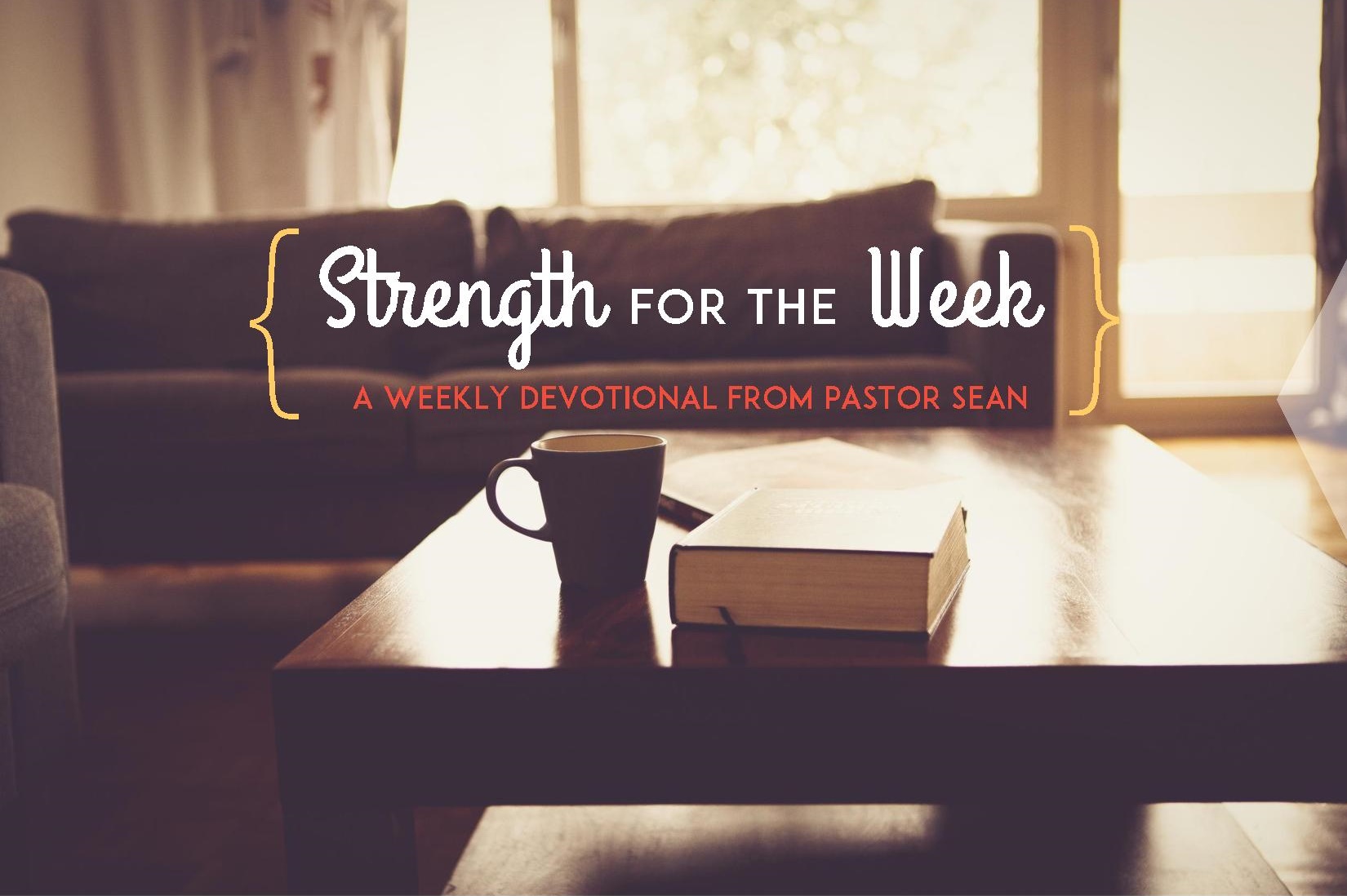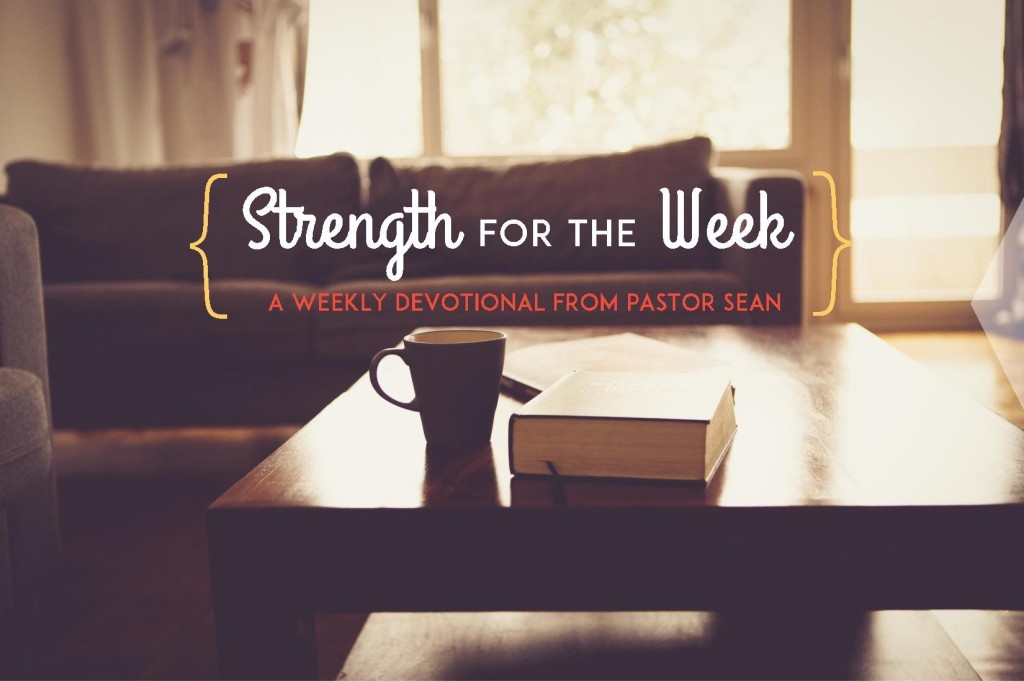STRENGTH FOR THE WEEK: Flood Church’s Weekly Devotional
SERIES 2: The Sin Also Known As
The Debt
“And you, who were dead in your trespasses and the uncircumcision of your flesh, God made alive together with him, having forgiven us all our trespasses, by canceling the record of DEBT that stood against us with its legal demands. This he set aside, nailing it to the cross.” ~ Colossians 2:13-14
He was much bigger and older than I, but he had shown me kindness. He took pity on me as a young boy at school on the day I lost all my pencils. He said I could borrow one of his, and he reached for his right pocket and handed me a beautiful brand new pencil red in color and already sharpened. He asked how long I needed to borrow it, and I assured him I would return it to him by the end of the week. Two days later, I had a fight with my sister in which I lashed out at her by breaking her favorite pen, and she reciprocated by breaking the beautiful red pencil in my custody. I tearfully protested that the exchange was unfair, that my loss was greater because the pencil she broke was not mine, but it was too late. I was now in the unenviable position of not only owing a debt, but also having lost the means to repay it.
The next day, I went to school as required by my parents, but there was no desire for it in my heart. What had previously been a place of learning suddenly became a place I dreaded. The fear of meeting my creditor face to face paralyzed me and robbed me of all joy. It was not a fear induced by anything sinister about the person who had lent me the pencil, for I had received nothing but kindness from him. It was not a fear of any pain he could inflict on me because of his lack of understanding, but of the pain he would be fully entitled to inflict because it was what I deserved. The fact that he was a kind person probably meant that he would dislike the act of treating me as I deserved, but it also made the prospect of facing him even more terrifying. And so began my feeble attempts to avoid facing him. I started arriving at school late and leaving early to avoid bumping into him, and on one occasion he attempted to find me, but I shamefully ran away in the opposite direction. I even stopped playing with my friends, participating in after-school activities, and leaving the premises of my home. My school became a place to run away from and my home became a prison to secure myself in. I was a slave because of a debt I owed and could not pay.
The gospel tells us that to a degree greater than we can ever face with our human creditors, our sins have created an infinite debt to God that we cannot pay. This portrayal of sin as a debt is instructive, for it teaches us that one definition of sin is the act of failing to return to God those good things he lent to us for faithful stewardship, either failing to return them altogether as though they are ours to keep, or failing to return them in the manner and condition in which they were received. From this perspective, every sin is an act of theft, for every sin involves taking God’s things and treating them like ours to use without any accountability to him.
We are debtors because we are thieves, and there are only two ways to deal with our debt, the first of which is to accept the price God himself has payed to cancel our debt of sin, thereby committing ourselves to a lifetime and lifestyle of gratitude to him who has been quadruple generous: he gave us good things to steward, then refrained from punishing us as we deserved when we lost the precious deposit, then made full payment on our behalf to cancel, and finally forgiving us both for owing him and for failing to repay him. If this grand gesture will not suit us, then we have every reason to live our lives in fear of the day we will finally come face to face with him, for his unfettered kindness to us thus far means that our failure to come clean to him and find mercy with him is brewing a judgment that will be painful for us to receive and painful for him to deliver. It is no secret to you as to which choice you have made, for the difference between the two is what affections your hearts feels deeply when you think about coming face to face with God. The thought either terrifies you because you owe God every good thing you have lost or contaminated, or it gladdens you because you owe God gratitude for every debt he has paid for and canceled on your behalf. What do you owe?


0 Comments